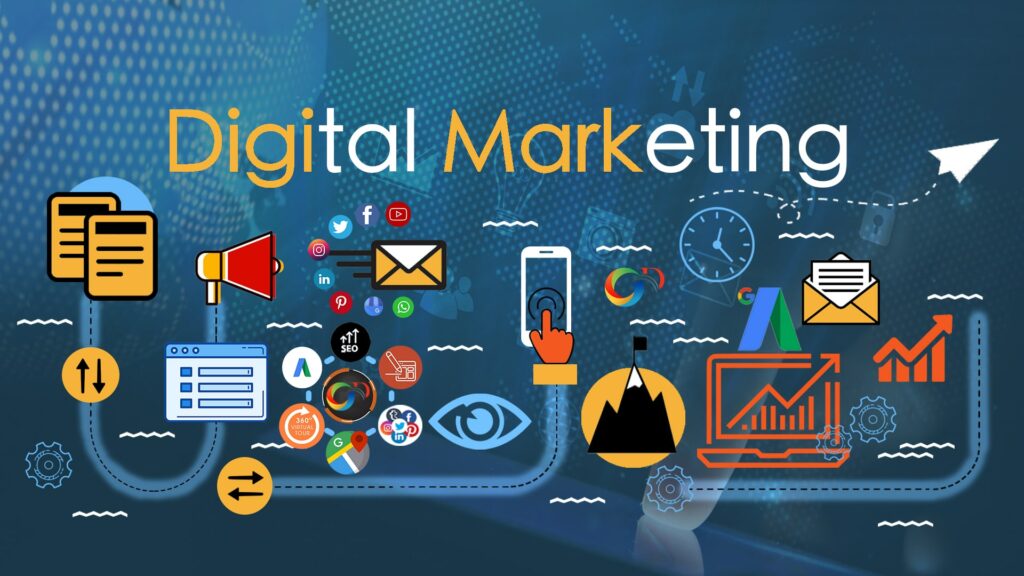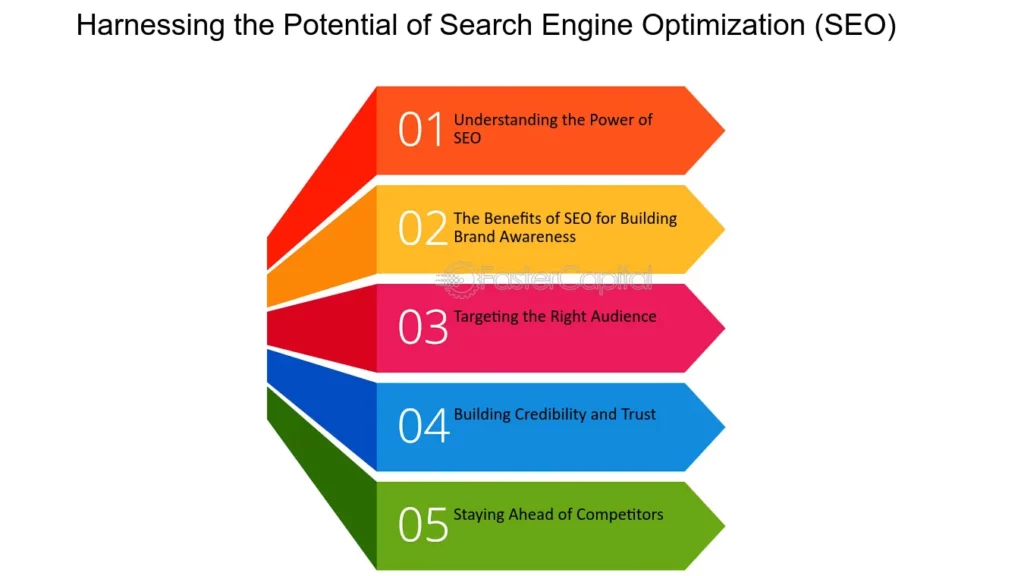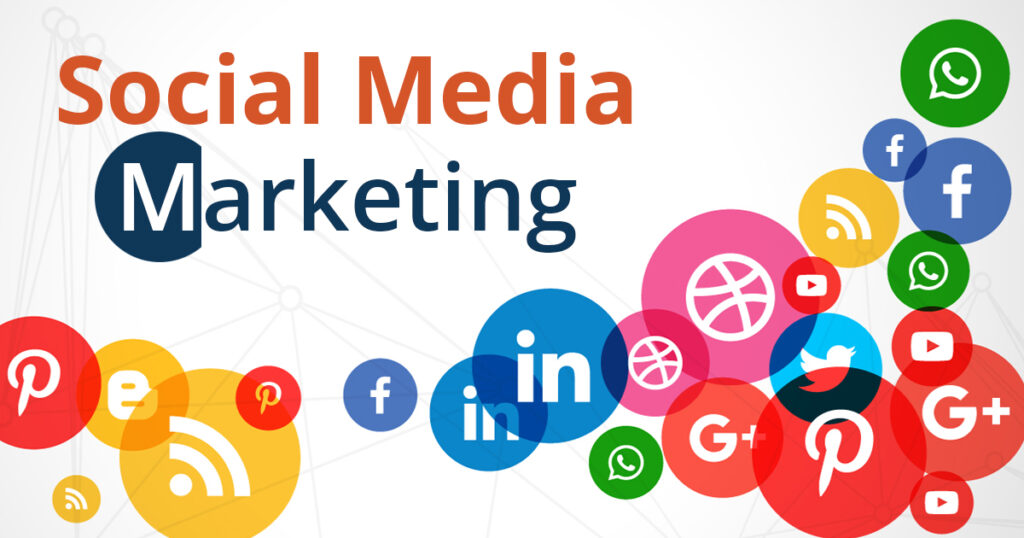Table of Contents
Introduction
Digital marketing refers to the use of digital channels and tactics to connect with prospects and customers, engage with them, and ultimately persuade them to perform a desired action. These actions can vary, including purchases, app downloads, and newsletter signups, among others. Digital marketing utilizes numerous digital channels such as social media, search engines, email, websites, and more, with a primary focus on the internet and online-based technologies.
Digital marketing encompasses all marketing efforts that use electronic devices and the internet. Businesses leverage digital channels such as search engines, social media, email, and other websites to connect with current and prospective customers. Here are some key components and strategies within digital marketing:

Digital marketing has become an integral part of any business strategy in today’s fast-paced world. It offers endless opportunities to connect with potential customers and increase brand visibility. However, simply adopting digital marketing techniques without a clear strategy can be ineffective. In this article, we will explore the top five digital marketing tips that can help businesses establish a strong online presence and drive success.
1. Define Your Target Audience
Knowing your target audience is essential for any marketing campaign. Digital marketing allows for precise targeting, ensuring that your message reaches the right people at the right time. Start by developing buyer personas that represent your ideal customers. Consider their demographics, interests, pain points, and online behavior. These personas will guide your content creation, ad targeting, and overall marketing strategy.

2. Utilize Search Engine Optimization (SEO)
Search Engine Optimization (SEO) is vital for ensuring your website ranks high in search engine results and attracts organic traffic. Begin with thorough keyword research to identify relevant keywords with high search volume and low competition. Incorporate these keywords naturally into your website’s content, meta tags, headings, and URLs. Additionally, focus on creating high-quality, informative, and engaging content that satisfies user intent. Regularly update your website with fresh content to boost search engine rankings.

2.1 Crafting Compelling Meta Titles and Descriptions
Meta titles and descriptions are crucial for grabbing users’ attention in search engine results. Write concise and captivating meta titles using relevant keywords to accurately describe the content. Similarly, create compelling meta descriptions that provide a summary of the page, using persuasive language to entice users to click.
2.2 Improving Website Loading Speed
Website loading speed directly impacts user experience and SEO rankings. Optimize your website’s loading speed by compressing images, minimizing code, utilizing browser caching, and investing in a reliable hosting provider. A fast-loading website not only improves SEO but also reduces bounce rates and improves conversion rates.
3. Leverage Social Media Platforms
Social media platforms offer immense opportunities to engage with your target audience, create brand awareness, and drive website traffic. Identify the platforms most relevant to your business and focus on building a strong presence there. Develop a content calendar and regularly post valuable content in various formats such as articles, videos, infographics, and interactive polls. Encourage audience interaction, respond to comments, and utilize social media advertising to reach a wider audience.

3.1 Influencer Marketing
Partnering with influential individuals in your industry can significantly expand your brand’s reach. Collaborate with relevant influencers to create sponsored content or feature your products/services. This form of advertising can impact your target audience’s purchasing decisions and boost brand credibility.
4. Email Marketing
Email marketing remains one of the most effective channels to nurture leads, maintain customer relationships, and drive conversions. Build an email list by offering valuable incentives or free resources to visitors. Personalize your email campaigns based on the recipient’s preferences and behavior. Segment your email list to ensure relevant and targeted messaging. Use captivating email subject lines, engaging content, and clear call-to-actions to maximize open and click-through rates.

5. Analyze and Adapt
The digital marketing landscape is constantly evolving, and monitoring your efforts is crucial to stay ahead. Utilize web analytics tools to track key metrics such as website visitors, page views, conversion rates, and social media engagement. Analyze the data to identify trends, strengths, and areas for improvement. Regularly adapt your digital marketing strategy based on these insights to maximize results.

Conclusion
In today’s digital era, implementing effective digital marketing strategies is vital for business growth and success. Whether it’s understanding your target audience, optimizing your website for search engines, leveraging social media platforms, utilizing email marketing, or analyzing and adapting your efforts, each tip plays a significant role in driving online visibility and achieving your marketing goals.
FAQs
1. What is the importance of defining a target audience in digital marketing?
Defining a target audience helps businesses tailor their marketing messages, choose the right platforms, and create relevant content that resonates with potential customers, increasing the chances of conversions.
2. How does search engine optimization contribute to digital marketing success?
Search engine optimization ensures that your website ranks higher in search engine results, driving organic traffic. It increases visibility, boosts credibility, and enhances user experience.
3. How can businesses effectively leverage social media platforms for marketing purposes?
By establishing a strong presence on relevant social media platforms, posting valuable content, engaging with the audience, utilizing social media advertising, and partnering with influencers, businesses can maximize brand awareness, engagement, and website traffic.
4. What is the significance of email marketing in digital marketing strategies?
Email marketing helps build relationships with leads and existing customers, nurtures them through personalized communication, and drives conversions. It is an effective channel for delivering targeted messages directly to the inbox.
5. Why is data analysis important in digital marketing?
Data analysis provides valuable insights into consumer behavior, campaign performance, and market trends. By understanding these insights, businesses can make informed decisions, adapt their strategies, and optimize their digital marketing efforts for better results.
